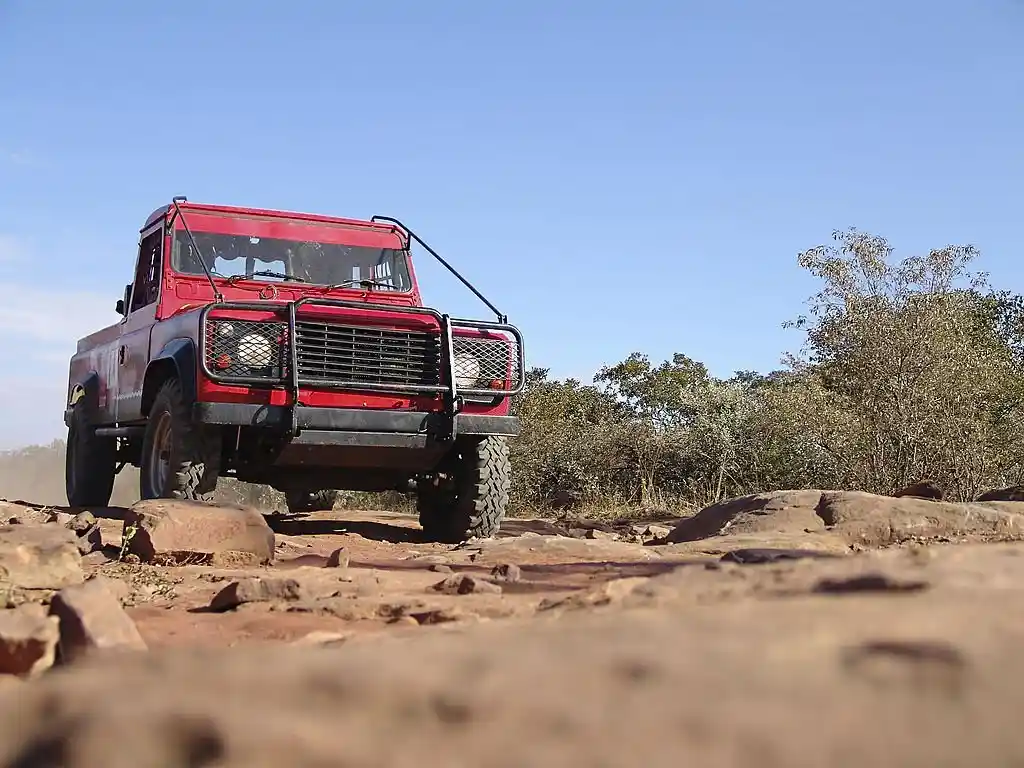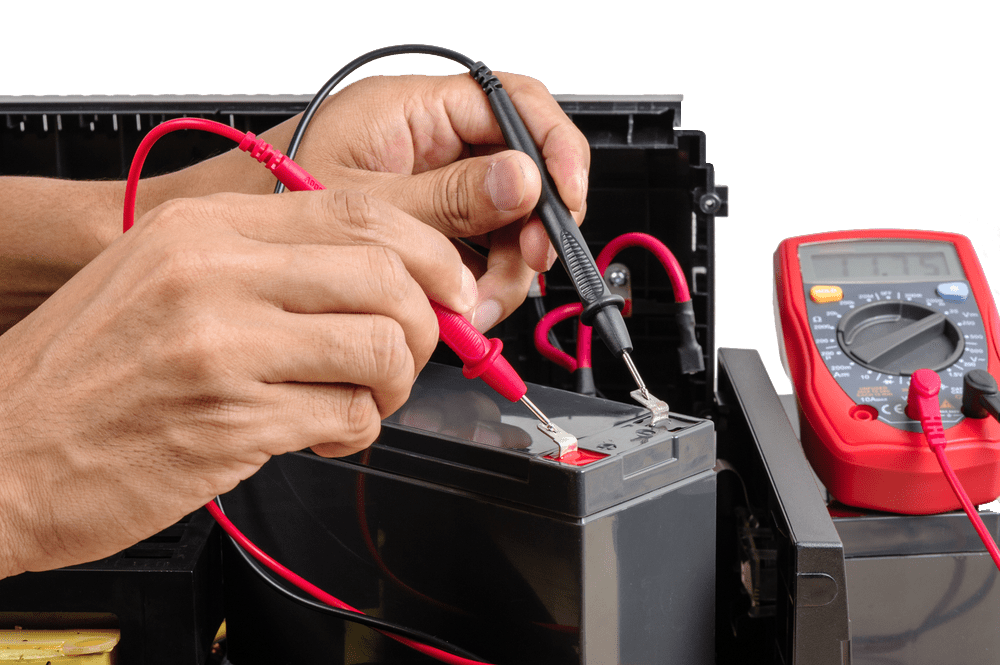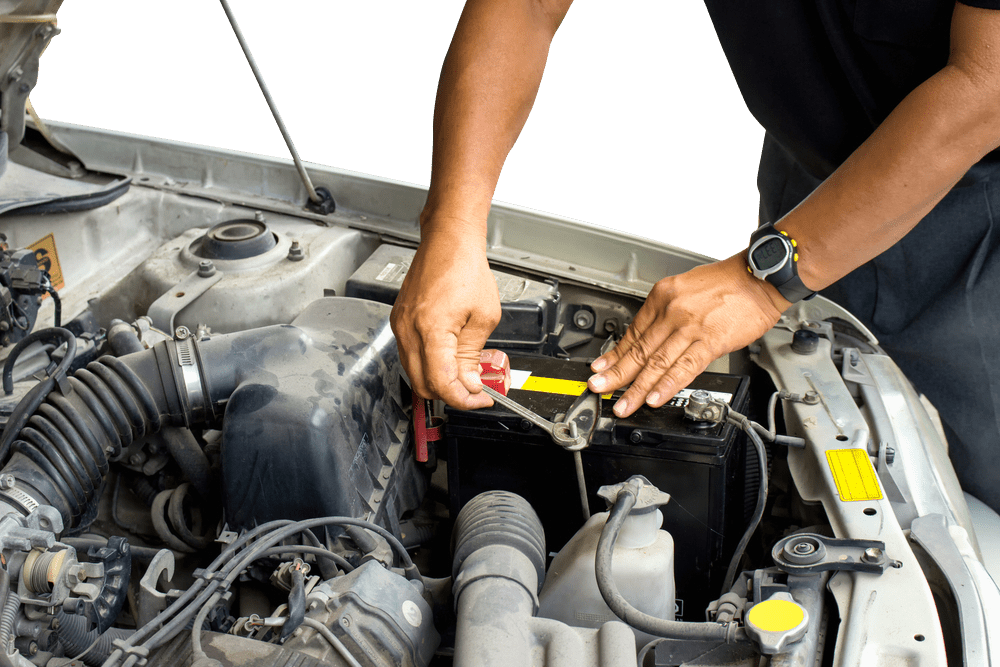- 5 Jun 2023
What type of battery is best for 4WD?
As a 4WD enthusiast, I understand the importance of having a reliable battery for my vehicle. A good battery is essential for powering all the electronic accessories, winches, and lights that make a 4WD adventure enjoyable. However, with so many different types of batteries on the market, it can be challenging to choose the right one for your vehicle. In this comprehensive guide, I will help you understand the different types of 4WD batteries, the factors to consider when choosing one, and how to maintain and care for it.
4WD batteries
4WD batteries are designed to provide the power required to start the engine, run the electrical systems, and power the accessories of a four-wheel-drive vehicle. These batteries are different from regular car batteries in that they are built to withstand the harsh conditions of off-road driving. They are designed to be more robust, durable, and long-lasting than regular car batteries.
There are several types of 4WD batteries available, including lead-acid, AGM, gel, and lithium-ion batteries. Each type has its pros and cons, and the choice will depend on your specific needs and preferences.

Understanding the different types of batteries
Lead-acid batteries
Lead-acid batteries are the most common type of battery used in 4WD vehicles. They are affordable, reliable, and widely available. They come in two types: flooded and sealed. Flooded lead-acid batteries require regular maintenance, including adding distilled water to the cells, checking the specific gravity, and ensuring the terminals are clean and tight. Sealed lead-acid batteries, also known as valve-regulated lead-acid (VRLA) batteries, are maintenance-free and do not require topping up with distilled water.
AGM batteries
AGM (Absorbent Glass Mat) batteries are a type of lead-acid battery that uses a special glass mat to absorb and hold the electrolyte. They are sealed and maintenance-free, making them an excellent choice for 4WD enthusiasts who don’t want to worry about battery maintenance. AGM batteries are more expensive than regular lead-acid batteries but offer several advantages, including a longer lifespan, faster charging, and a higher discharge rate.
Gel batteries
Gel batteries are similar to AGM batteries in that they are sealed and maintenance-free. The difference is that the electrolyte in gel batteries is in the form of a gel rather than a liquid. This makes them more resistant to vibration and shock and gives them a longer lifespan than regular lead-acid batteries. Gel batteries are more expensive than flooded lead-acid batteries but offer several advantages, including a higher discharge rate, faster charging, and better performance in extreme temperatures.
Lithium-ion batteries
Lithium-ion batteries are the newest and most advanced type of 4WD battery. They are lightweight, compact, and offer a higher energy density than other types of batteries. Lithium-ion batteries are more expensive than other types of batteries, but they offer several advantages, including a longer lifespan, faster charging, and a higher discharge rate.
Factors to consider when choosing a 4WD battery
When choosing a 4WD battery, there are several factors to consider, including:
Battery size
The battery size is an essential consideration when choosing a 4WD battery. The battery must fit your vehicle’s battery tray and have enough capacity to power all your accessories.
Battery type
As discussed earlier, there are several types of 4WD batteries available, and the choice will depend on your specific needs and preferences.
Cranking Amps (CA) and Cold Cranking Amps (CCA)
Cranking Amps (CA) and Cold Cranking Amps (CCA) are measures of the battery’s ability to start the engine in different conditions. CCA is the more important of the two and measures the battery’s ability to start the engine in cold weather.
Reserve Capacity (RC)
Reserve Capacity (RC) is a measure of the battery’s ability to run the electrical systems in your vehicle in the event of an alternator failure.
Durability
Durability is an essential consideration when choosing a 4WD battery. The battery must be able to withstand the harsh conditions of off-road driving, including vibration, shock, and extreme temperatures.
Maintenance and care for your 4WD battery
Proper maintenance and care are essential for ensuring the longevity and reliability of your 4WD battery. Here are some tips for maintaining and caring for your battery:
Keep the battery clean
Dirt and corrosion can cause poor battery performance and reduce its lifespan. Regularly clean the battery terminals and surrounding area with a wire brush and a solution of baking soda and water.
Check the electrolyte level
If you have a flooded lead-acid battery, regularly check the electrolyte level and top up with distilled water as needed.
Check the battery voltage
Use a multimeter to check the battery voltage regularly. A healthy battery should have a voltage of around 12.6 volts.
Charge the battery regularly
If you don’t use your vehicle regularly, make sure to charge the battery regularly. A battery left uncharged for an extended period can suffer from sulfation, which can reduce its lifespan.
Why choose South West Batteries for your 4WD battery needs
South West Batteries is a reliable and trustworthy supplier of 4WD batteries. They offer a wide range of high-quality batteries at competitive prices, and their team of experts can help you choose the right battery for your vehicle.
Frequently asked questions about 4WD batteries
How often should I replace my 4WD battery?
The lifespan of a 4WD battery depends on several factors, including the type of battery, how often it’s used, and how well it’s maintained. On average, a 4WD battery should last between three and five years.
What causes a 4WD battery to die?
Several factors can cause a 4WD battery to die, including sulfation, overcharging, undercharging, and physical damage.
How can I tell if my 4WD battery is dying?
Signs that your 4WD battery is dying include slow cranking, dimming headlights, and a battery warning light on your dashboard.
Conclusion: Choosing the right 4WD battery for your vehicle
Choosing the right 4WD battery for your vehicle is essential for ensuring a reliable and enjoyable off-road driving experience. Consider the battery size, type, cranking amps, reserve capacity, and durability when making your decision. Proper maintenance and care are also essential for ensuring the longevity and reliability of your battery. If you’re looking for a reliable supplier of 4WD batteries, consider South West Batteries.











